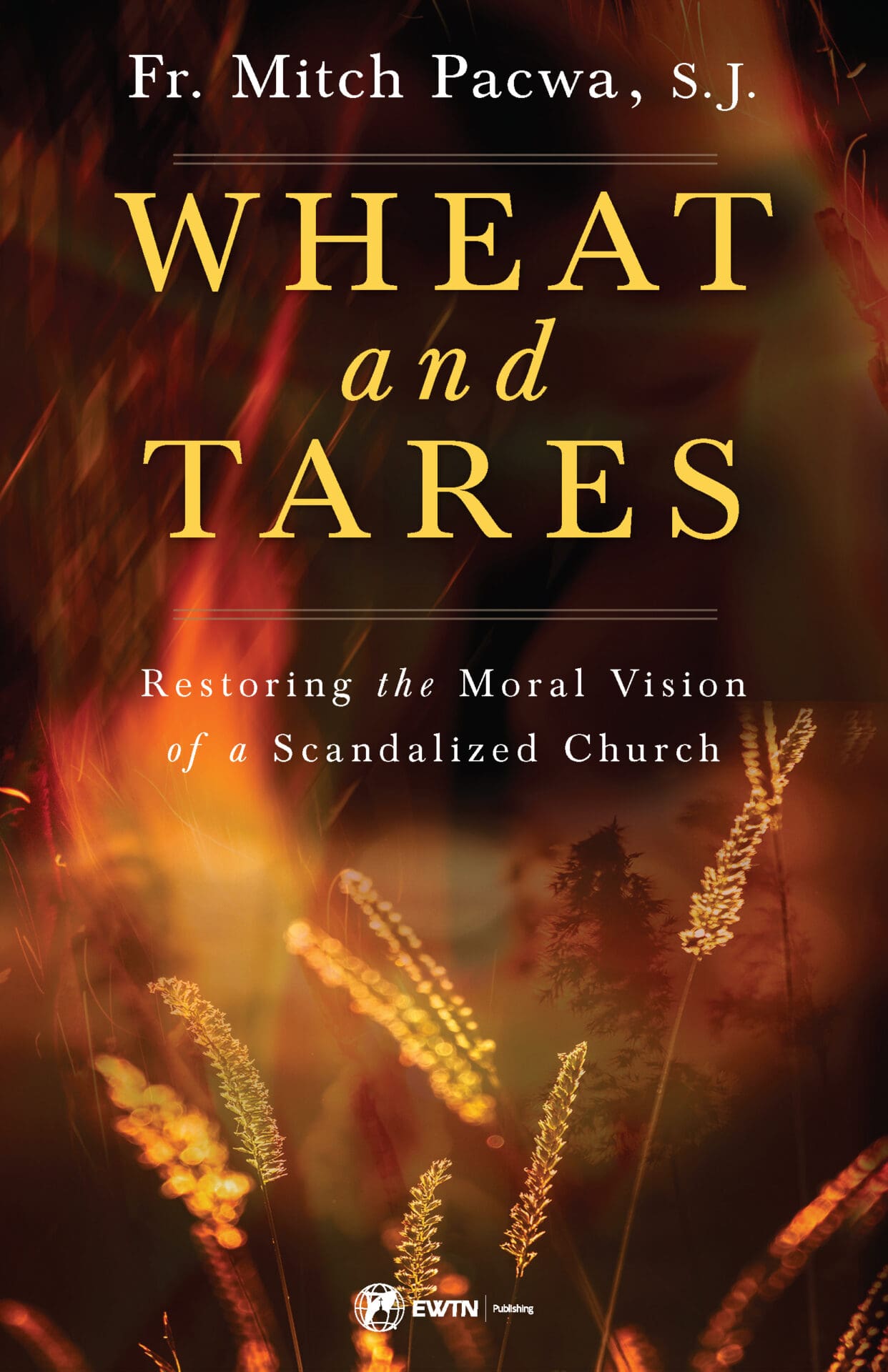Jesus Christ was not at all naive; He knew that humans were fallen sinners, and he knew that His disciples were sinners. He upbraided them often enough for their pride, selfishness, and ignorance, pointing out their sin so that they might repent and enter the Kingdom of God. Furthermore, Jesus frequently taught His disciples about the coexistence of evil and good, especially in the parables in St. Matthew’s Gospel: the weeds sown among the wheat (13:24–30, 36–43); the net full of good and bad fish (13:37–50); and the wedding feast where one guest failed to wear a wedding garment (22:10–14). The parables about the final judgment begin with the distinction between the good and wise steward versus the wicked one (24:44–51), followed by three parables about the foolish and wise virgins awaiting the groom (25:1–13); the industrious and lazy servants (25:14–30); and the sheep and goats who serve or fail to help the least people (25:31–46). Given the great scandal caused by bishops and priests recently, we do well to take seriously Jesus’ teaching about the existence of both righteousness and evil within the Kingdom of God.
The Existence of Scandal in the Kingdom of God
Jesus taught that people who cause scandal will always be part of the Kingdom of God. When His disciples asked, “Who is the greatest in the kingdom of heaven?” (Matt. 18:1), His first response was to call a child into the middle of the disciples, saying, “Truly, I say to you, unless you turn and become like children, you will never enter the kingdom of heaven. Whoever humbles himself like this child, he is the greatest in the kingdom of heaven” (Matt. 18:3-4). Humble, innocent, childlike behavior and attitudes make it possible for someone to be great in heaven. By implication, those who are arrogant and seek prominence will be among the least.
Then Jesus warns His ambitious disciples about two antithetical choices: receive Jesus in the little ones or be severely punished for causing a little one to sin.
“Whoever receives one such child in my name receives me; but whoever causes one of these little ones who believe in me to sin, it would be better for him to have a great millstone fastened round his neck and to be drowned in the depth of the sea.” (Matt. 18:5–6)
The humble, innocent, childlike person is to be accepted with love for his or her own sake. However, causing an innocent person to sin or to be tempted to sin will lead to a punishment worse than having a millstone tied around the neck. This is not the fifty- to seventy-pound hand millstone used in homes to grind grain, but the large millstone weighing one or two tons that was pushed by draught animals in a public mill. No one can swim with such a stone attached to them, and that punishment would be better than the punishment Jesus Christ has in store for those who cause children to sin.
Jesus then proclaims a “woe,” which is the opposite of a beatitude in ancient speech forms, against those who cause temptation: “Woe to the world for temptations to sin! For it is necessary that temptations come, but woe to the man by whom the temptation comes!” (Matt. 18:7).
Such tempters are inevitable because some people choose to commit sin to serve their own self-centeredness. The “woe” indicates that such tempters are already condemned for their sin, and each will be severely punished by God. This is such a serious warning that Jesus recommends drastic steps to avoid the occasions of temptations in life:
And if your hand or your foot causes you to sin, cut it off and throw it away; it is better for you to enter life maimed or lame than with two hands or two feet to be thrown into the eternal fire. And if your eye causes you to sin, pluck it out and throw it away; it is better for you to enter life with one eye than with two eyes to be thrown into the hell of fire. (Matt. 18:8–9)
These injunctions repeat Jesus’ teaching in the Sermon on the Mount (see Matt. 5:29–30), but here they are directed specifically to those who tempt the innocent and bring scandal to the Church of Christ.
This is obviously applicable to the contemporary situation, and all Christians, especially the clergy, would do well to consider it.
+
This article is adapted from a chapter in Wheat and Tares by Fr. Mitch Pacwa which is available from Sophia Institute Press.
Art for this post on the Church: Cover and featured image used with permission.





